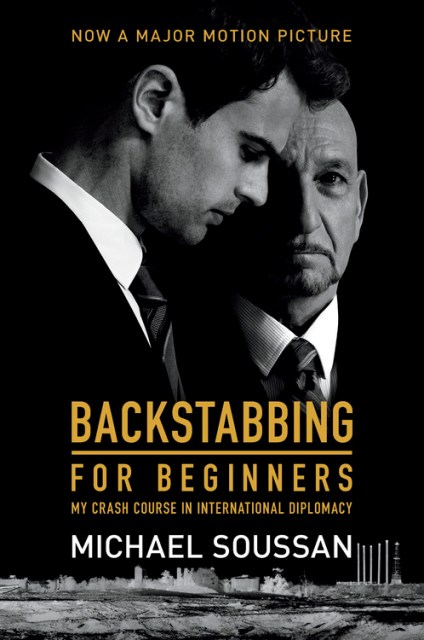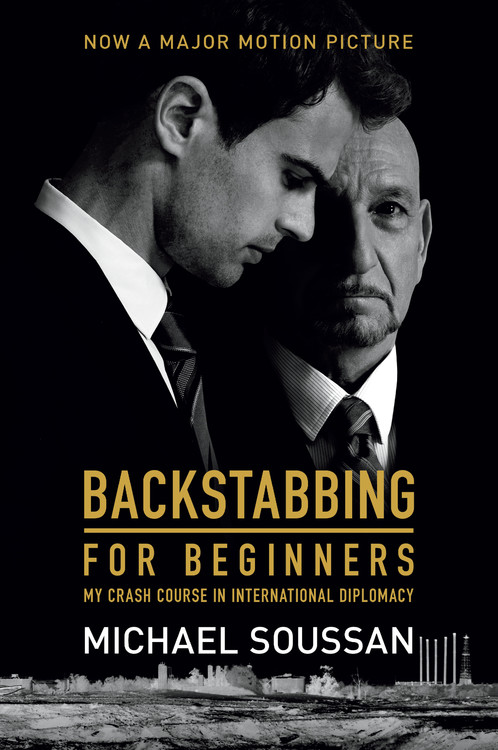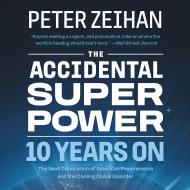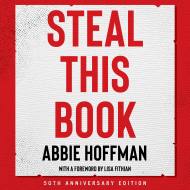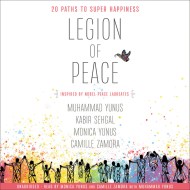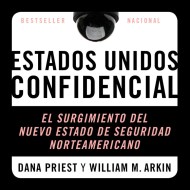By clicking “Accept,” you agree to the use of cookies and similar technologies on your device as set forth in our Cookie Policy and our Privacy Policy. Please note that certain cookies are essential for this website to function properly and do not require user consent to be deployed.
Backstabbing for Beginners
My Crash Course in International Diplomacy
Contributors
Read by Maxwell Hamilton
Formats and Prices
- On Sale
- Sep 20, 2016
- Publisher
- Hachette Audio
- ISBN-13
- 9781478944614
Format
Format:
Audiobook Download (Unabridged)This item is a preorder. Your payment method will be charged immediately, and the product is expected to ship on or around September 20, 2016. This date is subject to change due to shipping delays beyond our control.
Buy from Other Retailers:
“What made this episode in our collective history possible was not so much the lies we told one another, but the lies we told ourselves.”
A recent Brown University graduate, Michael Soussan was elated when he landed a position as a program coordinator for the United Nations’ Iraq Program. Little did he know that he would end up a whistleblower in what PBS NewsHour described as the “largest financial scandal in UN history.”
Breaking a conspiracy of silence that had prevailed for years, Soussan sparked an unprecedented corruption probe into the Oil-for-Food program that exposed a worldwide system of bribes, kickbacks, and blackmail involving ruthless power-players from around the globe.
At the crossroads of pressing humanitarian concerns, crisis diplomacy, and multibillion-dollar business interests, Soussan’s story highlights core flaws of our international system and exposes the frightening, corrupting power of the black elixir that fuels our world’s economy.
Newsletter Signup
By clicking ‘Sign Up,’ I acknowledge that I have read and agree to Hachette Book Group’s Privacy Policy and Terms of Use
